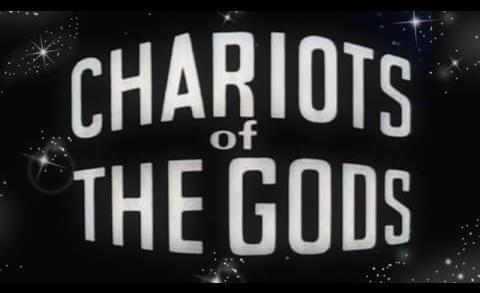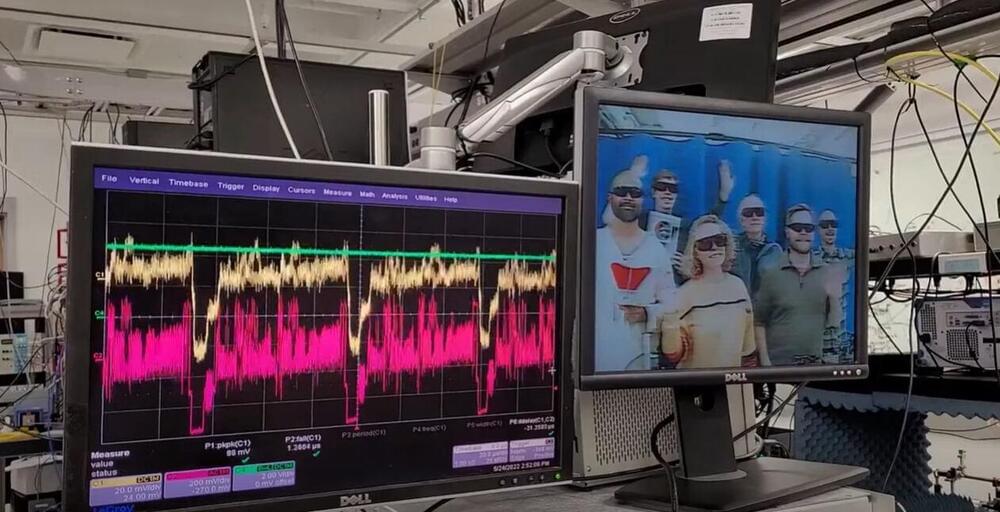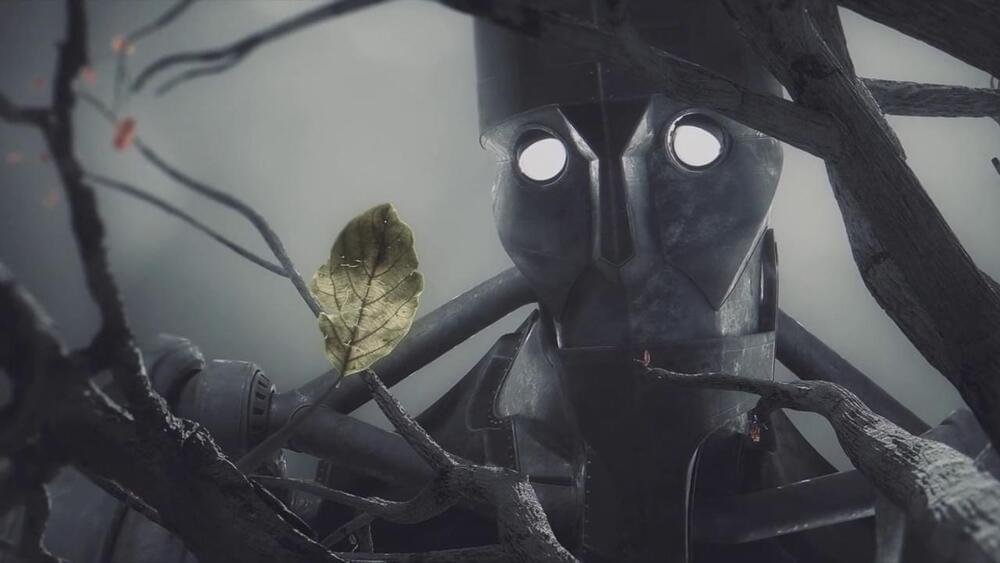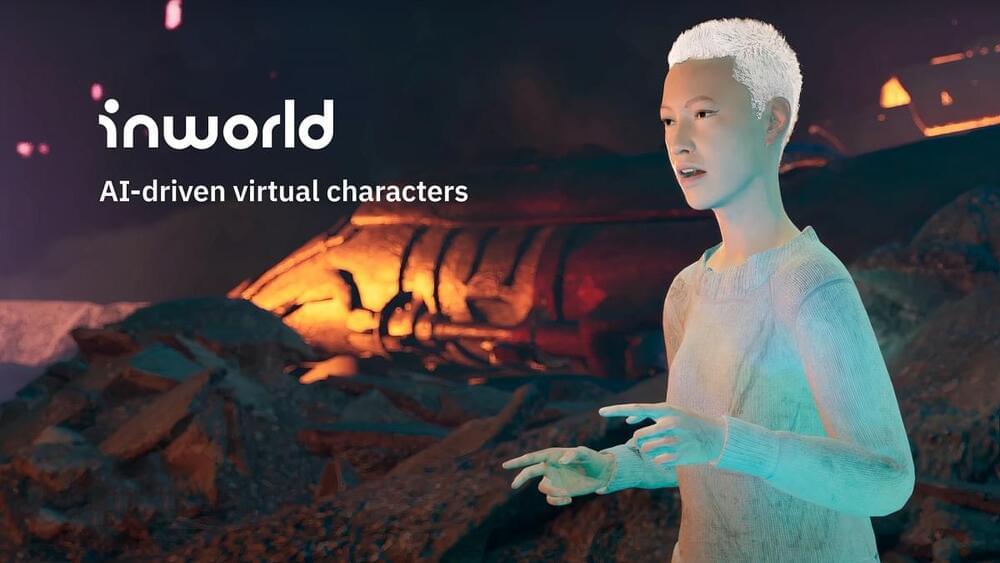Sep 1, 2022
The Future of Human Cloning
Posted by Kelvin Dafiaghor in categories: alien life, entertainment
In 1996, the first mammal cloned from an adult somatic cell was born. Named Dolly after the famous singer Dolly Parton, this sheep made headlines around the world when it was announced the following year, by demonstrating that a cloned organism could be produced from a mature cell from a specific body part, in this case, a mammary gland. Since Dolly, many other mammals including goats, rabbits, cats, and primates have been cloned. However, nearly 30 years later, no human clones have even been attempted. Today, we will discuss why, and what the future holds for human cloning.
Human cloning has been a fixture of science fiction for decades, as early as Aldous Huxley’s 1932 novel Brave New World. However, despite its popularity in film, television, and video games, it’s not been popular at all with lawmakers. As of 2018, around 70 nations have outright banned human cloning. In the United States, despite there not being a federal ban on it, 15 states ban reproductive cloning, and 10 states prevent cloned human embryos to be implanted for childbirth.
Over the years, there have been several people who claimed to have successfully cloned humans. One of the most infamous was from a religious group called the Raëlians, who have a core belief that human beings were created by extraterrestrials thousands of years ago using advanced technology. Soon after the unveiling of Dolly, the Raëlians established Clonaid, to fund the research and development of human cloning. After moving their base of operations from the US to the Bahamas, on the 26th of December, 2002, a team led by French chemist Brigitte Boisselier announced that the first successfully cloned human, named Eve, had been born a day before.


















